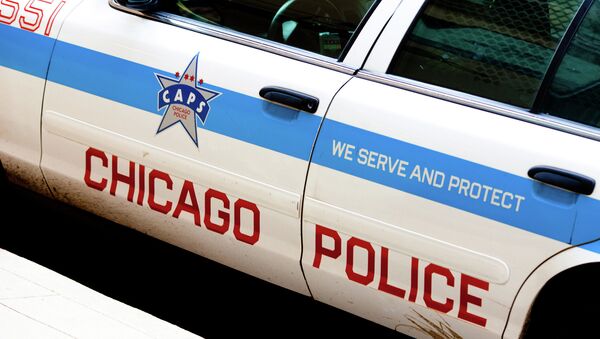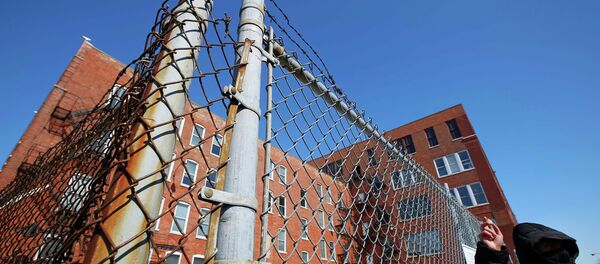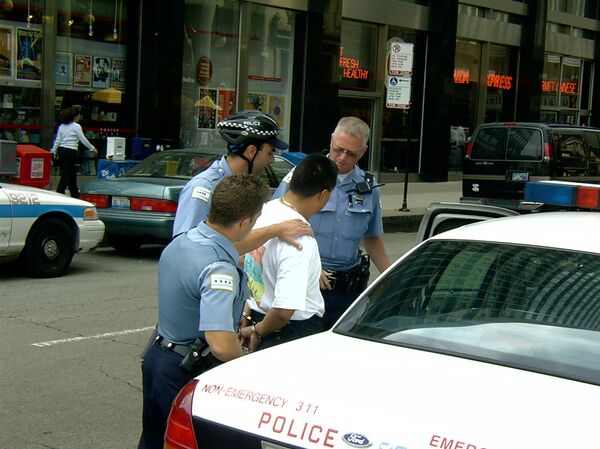As part of its agreement with the American Civil Liberties Union (ACLU), Chicago police will keep track of all street stops and protective pat-downs, not just those that do not result in an arrest. Officers will also document the race, ethnicity and gender of those stopped, as well as the reasons for stops and their outcomes.
The data will be shared with the ACLU and a former US magistrate judge, who will issue public reports twice a year that detail how the department's uses the stop-and-frisk policy and recommend any policy changes.
The agreement goes into effect immediately.
Supporters of the controversial tactic argue that it helps prevent violent crime, while opponents say the stops unjustly target black citizens and other minorities.
"Stop and frisk is disproportionately concentrated in the black community," the ACLU said in a March report, which analyzed 250 stops in Chicago in 2012 and 2013. It said black Chicagoans make up 32% of the city's population, but were subjected to 72% of all stops.
Police officers can legally stop, question and frisk someone if they have reasonable suspicion that the person has engaged in criminal activity or is about to. But the ACLU said Chicago police, who conducted about 250,000 stop and frisks that did not lead to an arrest last summer, appeared to be acting unlawfully, USA Today reported.
Chicago police agreed to improve supervision and discipline of officers who violate department protocol and to boost training about appropriate stops, Reuters reported.
"It is imperative that we use every tool and resource in a way that is not only lawful but respectful of the residents we serve," said Police Superintendent Garry McCarthy.
The agreement incorporated the bulk of the recommendations in the ACLU report, according to a statement by the department and group.
"What we have done here is move past the litigation process and advanced directly to a collaborative process," said Harvey Grossman, the ACLU's legal director.
The city and police still face a lawsuit from six African Americans who allege they were subjected to unwarranted stop-and-frisk searches. More than 40 more plaintiffs have joined the suit since it was first filed.




